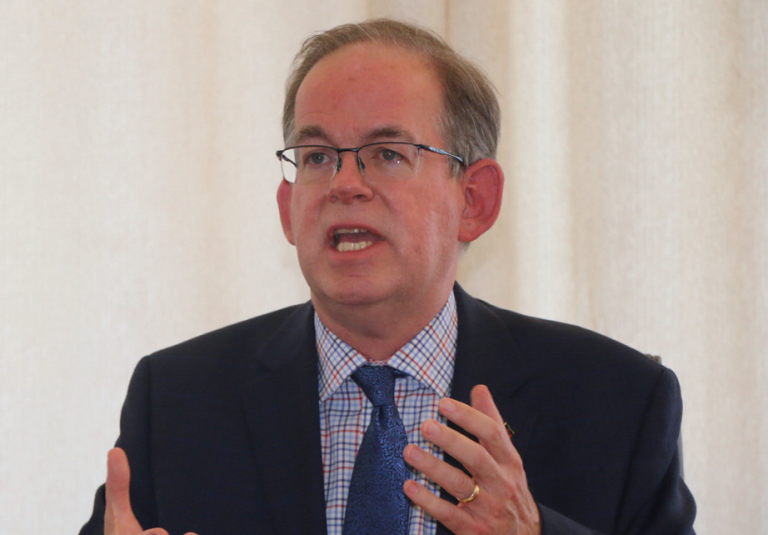The concept of State capture largely borrows its meaning from the behaviour of business elites who exert influence on operations of State and its institutions. State capture carries notions of corruption arising from underhand collusion, shady deals and opportunistic behaviour that define State and business relations. This meaning is borrowed and extrapolated to explain the behaviour of the State and business elites that put influential civil society organisations (CSOs) and their leaders under their strong grip.
State capture of the civil society takes many shapes and manifests in different forms. Civil society is captured when the ruling elite and powerful business persons manipulate the rules and bend regulations under which CSOs operate to the advantage of business and politics.
Civil society is captured when government enacts laws and promulgates regulations that are designed to stifle CSO space.
Consequently, the law becomes an instrument of repression and creates an environment where anti-democratic tendencies are formalised. The current debate on the Malawi NGO law carries voices of dissatisfaction on the part of some CSOs that feel the law will constrict civic space by violating the freedom of association. Government, on the other hand, says the law will enhance NGO accountability and bring order.
State capture also takes the form of poaching CSO leaders and appointing them into government positions. Often this happens when government wants to silence critical voices.
State capture of CSOs begs the question whether civil society activists are simply pursing their own selfish interests by playing politics of the belly.
Capture takes place when CSO leaders voluntarily approach politicians and business elites for ‘funding’. Since there is nothing like free lunch, the funding is not without strings. The conditions include CSOs supporting the political positions and campaigns led by the political elites or their political parties. They also include CSOs being pushed into advocacy campaigns that are designed to protect private or profit interests of the business elites.
Sadly, CSOs become an accomplice and remain silent in the face of corruption.
Recently, Malawi has witnessed the mushrooming of so-called civil society groups, often wearing the name of ‘Concerned citizens’ that conduct press conferences and organise demonstrations in favour of corruption suspects. Money changes hands as corrupt business elites collude with corrupted senior government officials to use CSOs as a platform to frustrate efforts of the Anti-Corruption Bureau (ACB).
The thing about democracy is that it allows all people equal enjoyment under law of their rights and freedoms. While CSOs are free to express themselves in these matters, politics and business take advantage of such freedoms to capture CSO leaders who are willing to be bribed and ‘funded’ to run advocacy campaigns that are against the national interest.
State capture of the civil society takes place when CSO leaders and activists fail to criticise government policies and are silent when government implements bad policies. Human rights defenders are captured by State and business elites when they keep silent as the State wantonly violates fundamental rights and takes away freedoms through sheer abuse of power and use of Parliament to pass unpopular bills. Selective advocacy becomes a key feature of a captured civil society.
A subtle form of State capture of CSOs takes place when government formulates unpopular policies or guidelines and pushes civil society to support such policies.
Civil society must unshackle itself from the stranglehold of State capture. To achieve this, NGO leaders must demonstrate reliability and integrity to power up the anti-corruption crusade. NGOs must invest in research and work with evidence to increase credibility.
Such processes will generate trust in the citizenry and development partners that will in turn be more willing to finance the work of the CSOs, thereby, eliminating the propensity towards State capture. Evidence will also induce professionalism that will enable civil society managers to hire staff with integrity that cannot be captured by State or business actors.
State capture is a form of relationship that is destructive to civic space. Instead, CSOs must progressively forge and strengthen partnerships for delivering sustainable development and deepening democratic governance.
*The author is a governance analyst with many years of experience in civil society and NGO management. Contact: mavutobamusi@gmail.com or +265 999 292 240 for feedback.
The post Rescuing civil society from State capture appeared first on The Nation Online.
 Moni Malawi
Moni Malawi 

